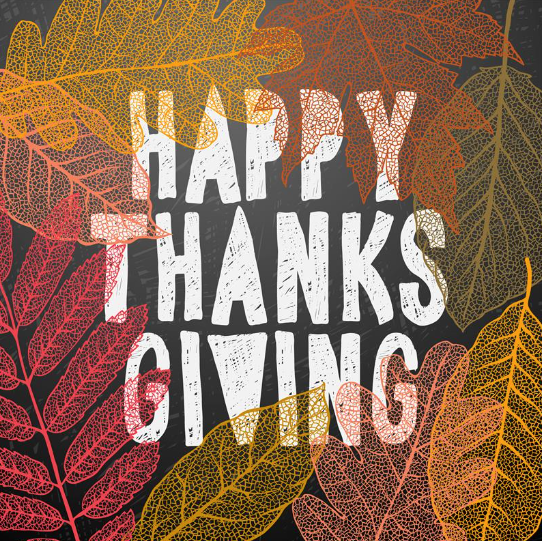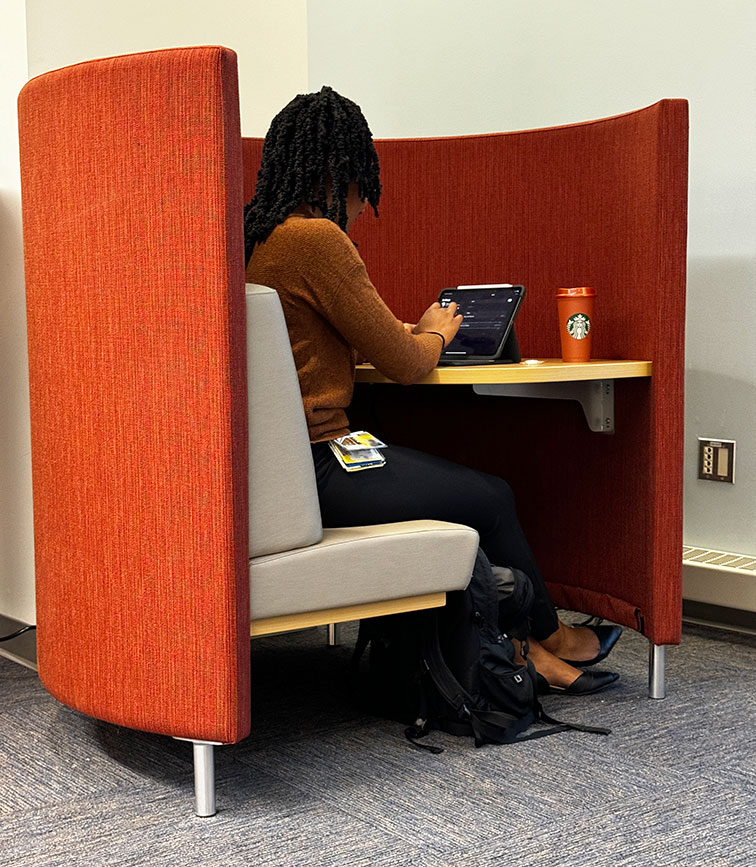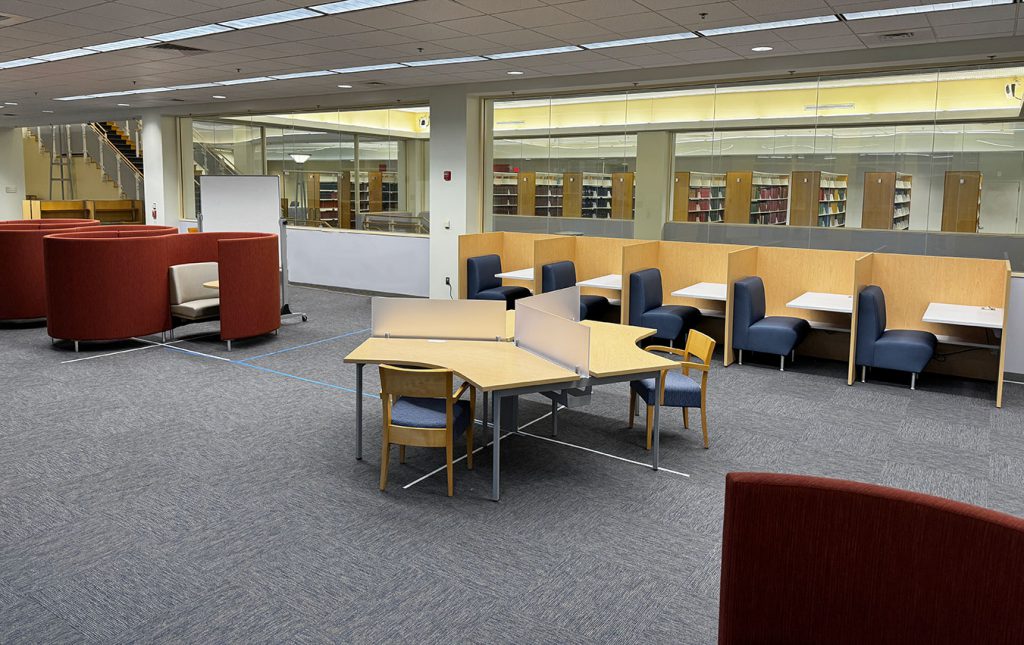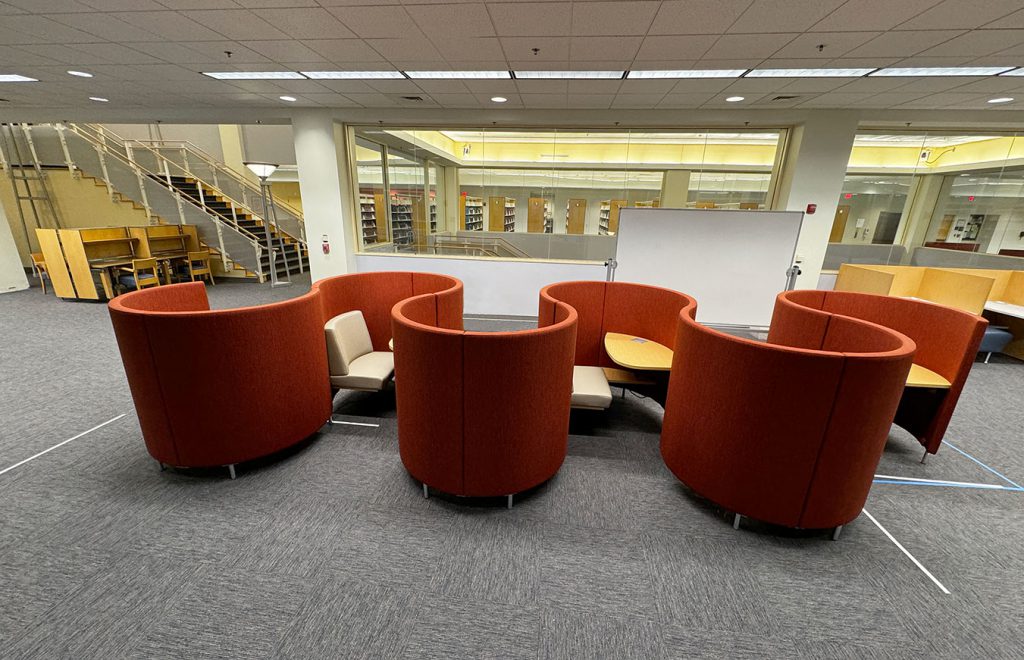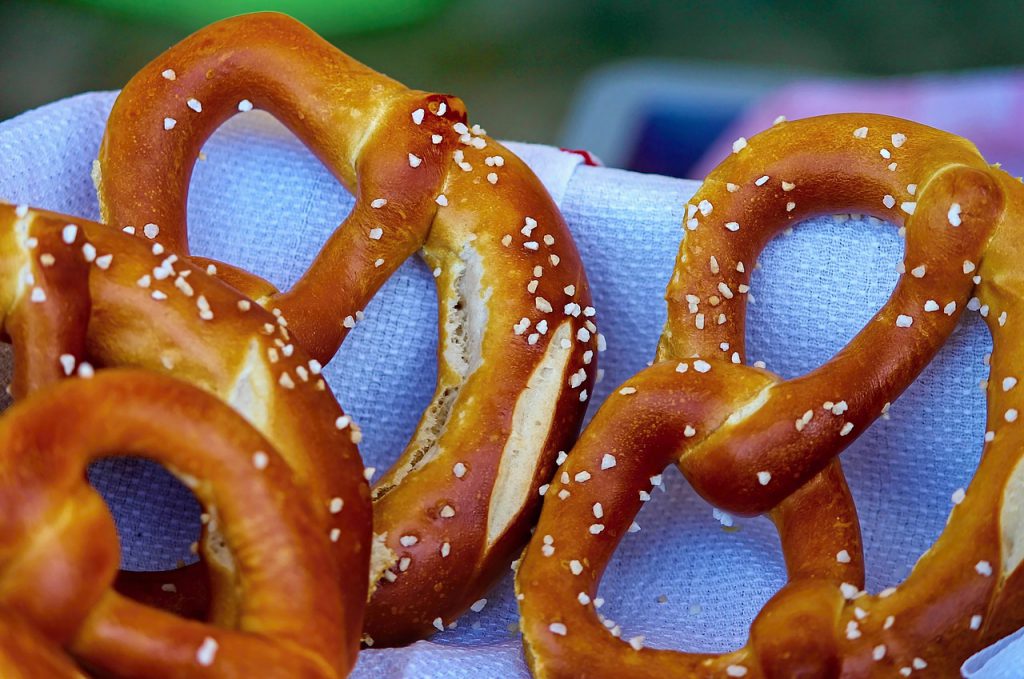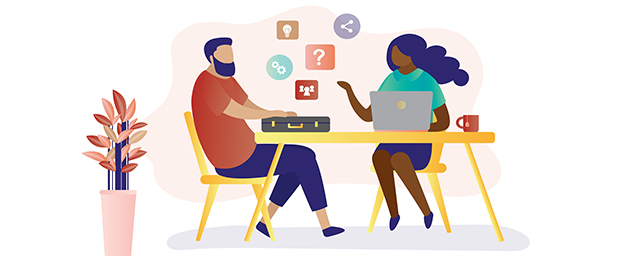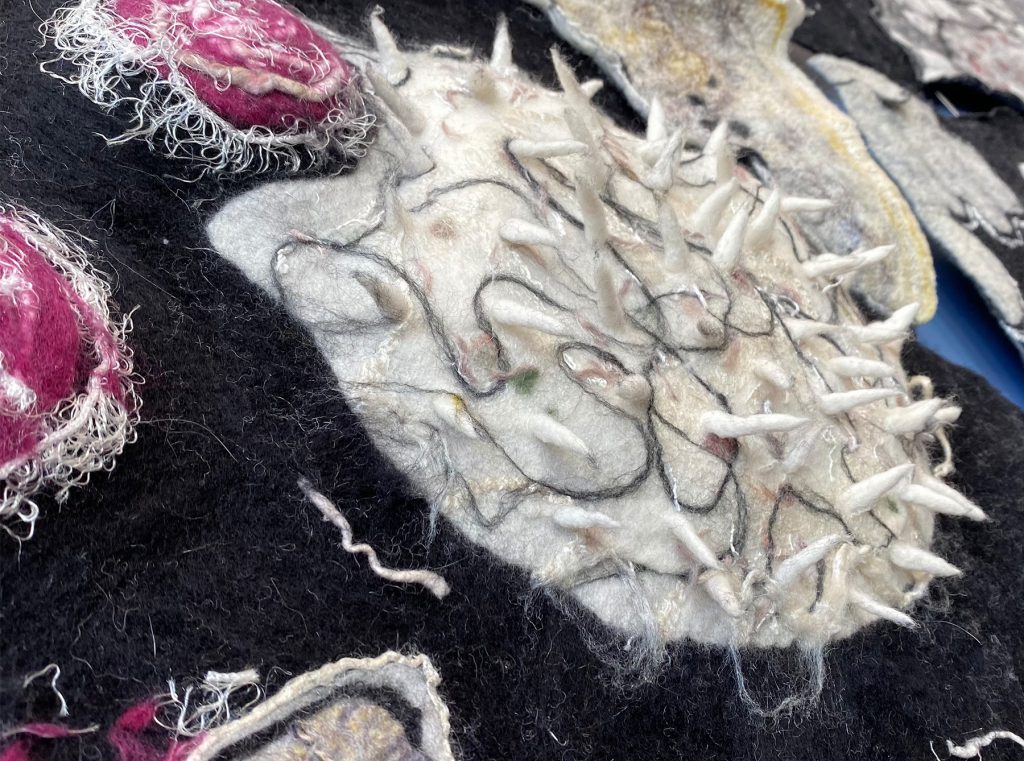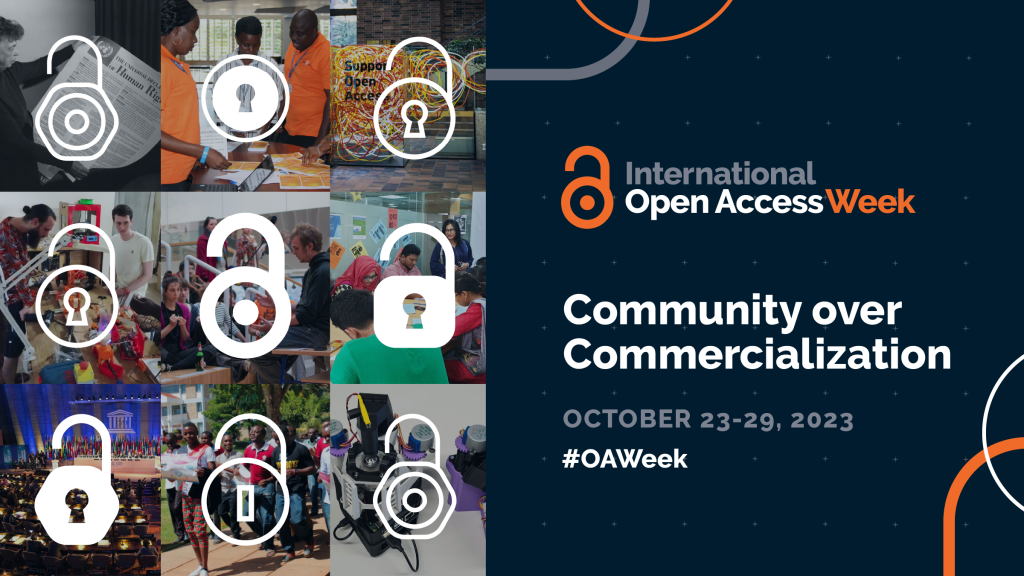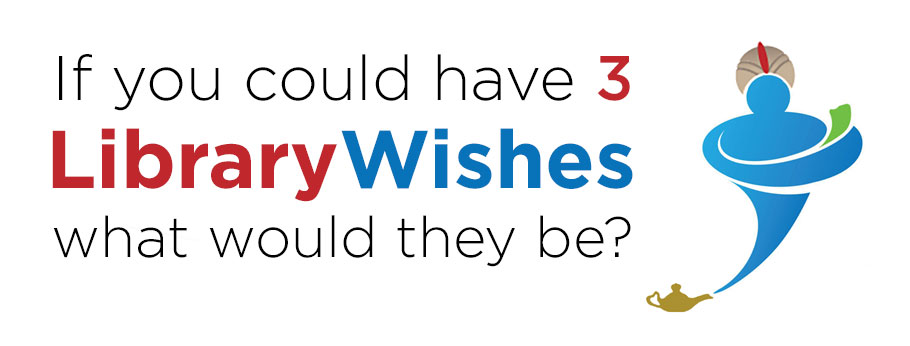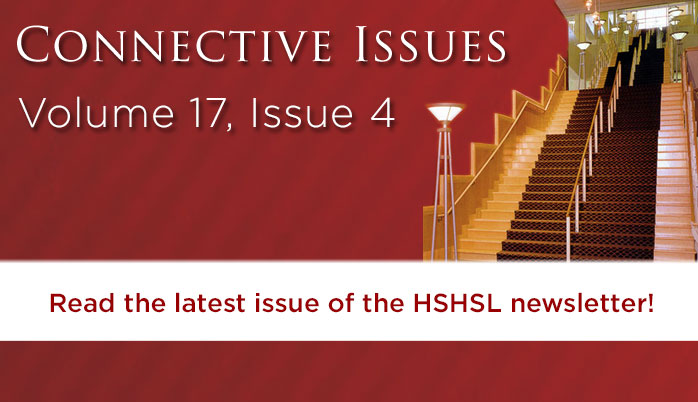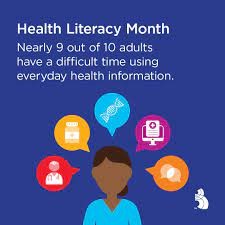
Two new physical therapy databases provided by the Department of Physical Therapy and Rehabilitation Science have been added to the HSHSL’s database list: AccessPhysiotherapy and the F.A. Davis PT Collection.
AccessPhysiotherapy is devoted exclusively to the study, instruction, and practice of physical therapy. Updated regularly, this comprehensive online physiotherapy resource integrates leading physical therapy textbooks, procedure and exercise videos, image galleries, self-assessment tools, and a unique cadaver dissection tool.
The F.A. Davis PT Collection on AccessPhysiotherapy brings you a comprehensive online PT resource that covers the entire spectrum of physical therapy.
Contains—29 F.A. Davis physical therapy references, including Dutton’s Orthopaedic Examination, Evaluation, and Intervention and O’Sullivan, Physical Rehabilitation.
Physical Therapy Cases—A wide range of cases designed to help physical therapy students learn in the context of real patients by applying the PT principles to real-life situations.
Extensive Video Library—A robust library of over 400+ videos from leaders in the PT field designed to teach exercise and rehabilitation techniques, kinetics, and physical therapy interventions.


